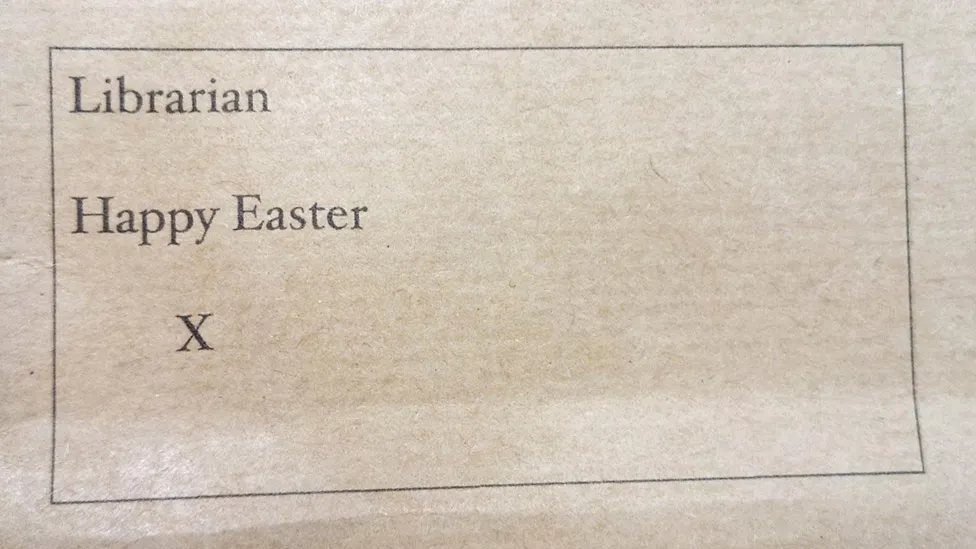.jpg) |
| FitzRoy's grave at All Saint's, Upper Norwood (nr. Crystal Palace) |
I have the
deepest respect for ‘Captain FitzRoy’, whose anniversary – of death by his own
hand – was on 30th April (I’m a few days late due to a big family
wedding).
An absolute
aristocrat (the Fitzroy name comes as being a direct descendant of the ‘Merry
Monarch’ at his merriest), he cared deeply, as second Governor of New Zealand, for the indigenous Maori during a rapacious colonial
period - and was sacked as a result. In the navy from 12, he was appointed temporary
commander of HMS Beagle at 23 as a result of the madness and suicide of Captain
Stokes, and had another suicide, by throat-slitting, in his family. So
very wise to take along a gentleman companion on Beagle’s second voyage to keep
him sane, on a ship refitted at his own expense (he kept doing that). His friend Beaufort
(inventor of the ‘Force 10’ scale) came up with some suggestions. He got his
second choice, Charles Darwin, and – fatefully – thrust a copy of Charles Lyell’s
‘Principles of Geology’ into 22yr old Charles' hands, thereby giving Darwin a vision of Deep Time (in a way,
a bit like the Deep Time I am proposing for the Amity Project, although I only
need 60 Million Years).
You’d think
that giving Darwin his big, lucky break (again, own expense) would be
enough for fame – and indeed there’s plenty more on this aspect, including his
brave, principled rejection of Darwin later (including brandishing a bible at
the famed Oxford Debate of 1860), and indeed his later reconciliation with
Darwin (though not with evolution). But he had to continue his noblesse-oblige-from-own-pocket
by founding the Met. Office and inventing Weather Forecasting (including the very
term). Perhaps inspired by Beaufort systematising wind-speeds, and with the new
technology of barometers and telegraph, his can-do entrepreneurialism led to
the first ever weather forecast of 31/7/1861 in his own hand, which was published in the Times. His forecasts saved the lives of many ordinary sailors.
You can tell
this is going to end badly. He’d betrayed God (by being Darwin’s unwitting stooge),
lost his colonial job, lost his family fortune (died effectively broke), and
then the trolling started. Yes, they had trolls before the internet. We used to
call such newspaper letter-writers as ‘Angry of Tunbridge Wells, but the trolls
included scientists who apparently thought that no forecast was preferrable to an
imprecise one. From the Met. Office site:
“The constant criticism took a severe toll on FitzRoy's health and his frequent absence from the office can be traced through the increasingly sporadic presence of his handwriting in the weather reports. His final entry was written on 20th March 1865, just a few weeks before he took his own life on 30th April 1865”.
It’s rather
horrible to think of a man – such a great and principled figure - haunted by those
earlier suicides and visions of razor-blades, and being inevitably driven into
the depression where he would follow their example.
Here’s a small example of my musical write-up mentioning his first interaction with Darwin. I had long intended to pay my respects at his grave, which I was luckily able to do while visiting family close to St Margaret / All Saints, Norwood (near Crystal Palace) recently. The grave was apparently renovated by the Met. Office in 1981 and the strange (Fuegian?) plant has grown since then. I enjoyed popping into ‘his’ church and testing the acoustics with Fr. Antonio, vicar-in-charge, who supplied interesting chat and directed me to FitzRoy’s (very modest) end-of-terrace two hundred meters down Church Road (with a green plaque).
 |
| A bit of recitative within the fugato 'Shooting, Dogs & Rat-catching' |










.png)